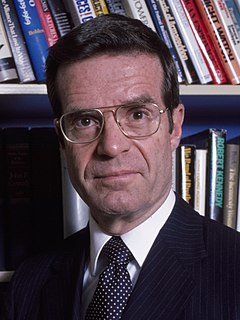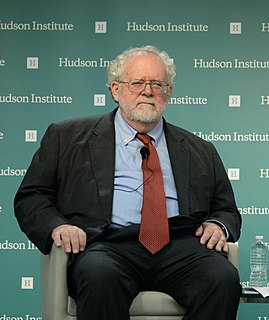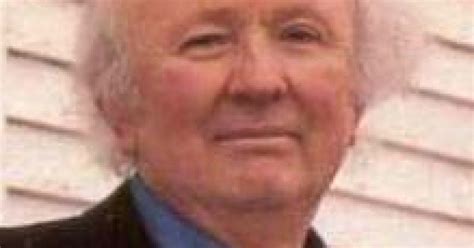A Quote by Juan Manuel Santos
During the Cold War, tensions between the West and the Soviet Union affected virtually all countries worldwide. As a result, throughout Latin America, guerrilla groups emerged, seeking to destabilize military dictatorships and attain democracy, freedom, and policy reform - goals that they believed could not be achieved peacefully.
Related Quotes
In Latin America, in the past, it was almost impossible to guarantee democracy. There were military dictatorships, and nowadays there are not so many military dictatorships. Although we have a dictator in Honduras, as a result of a coup, now as a president, he is almost the only one I would say. But again led or managed, gestated by the U.S. government.
European peace movement felt that the deployment of these missiles on European soil, on German soil would be a very great danger towards the Soviet Union in that those missiles could reach the Soviet Union, make it vulnerable within five to six minutes, that it could surgical strikes, strikes into the military infrastructure and that a strike into the military infrastructure could cause in fact World War III, an atomic world war and that this could also be used for first strike, for surgical search, first strike into the Soviet Union.
You know, we did a good job in containing the Soviet Union, but we made a lot of mistakes, we supported really nasty guys, we did some things that we are not particularly proud of, from Latin America to Southeast Asia, but we did have a kind of overarching framework about what we were trying to do that did lead to the defeat of the Soviet Union and the collapse of Communism. That was our objective. We achieved it.
The first year I was in office, only about 800 people came out of the Soviet Union, Jews. By the third year I was in office... second year, 1979, 51,000 came out of the Soviet Union. And every one of the human rights heroes - I'll use the word - who have come out of the Soviet Union, have said it was a turning point in their lives, and not only in the Soviet Union but also in places like Czechoslovakia and Hungary and Poland [they] saw this human rights policy of mine as being a great boost to the present democracy and freedom that they enjoy.
I do think, from the other side, that George W. ush was somewhat of an innocent in his thinking about what Ronald Reagan did during the Cold War and by bringing democracy to Eastern Europe. I think he believed that he could do the same thing by bringing democracy - or Midland, Texas, really - to the Middle East. I truly think he felt it was possible. "I want to do for the Middle East what Reagan did for the Soviet Union."
Kennedy was significantly different than Eisenhower before him, and different from Johnson after him. So those three years were the beginning of a détente with the Soviet Union, a new feeling for peace, a seeking out of a new ally with the Soviet Union - the end of the Cold War, as Kennedy called it in his American University speech.
Carter's hopes died when the Soviet Union invaded Afghanistan and he ended up having to reverse policy and launch the military buildup that Reagan continued. Mr. Obama would be forced back into a war on terror if terrorist groups pull off enough damaging or frightening attacks to force this issue to the fore.
World dictatorship can be established only when the victory of socialism has been achieved in certain countries or groups of countries ... [and] when these federation of republics have finally grown into a world union of Soviet Socialist Republics uniting the whole of mankind under the hegemony of the international proletariat organized as a state.

































